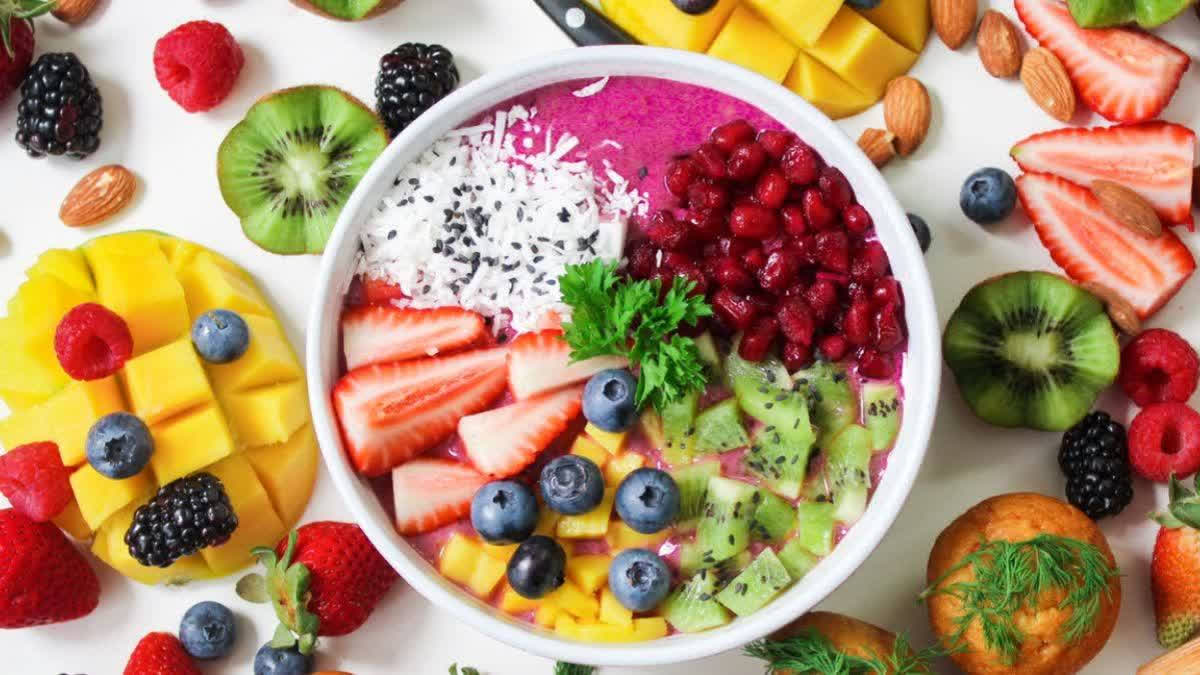New Delhi: Asserting that ageing is often accompanied by a loss of appetite and changes in taste and smell leading to a lower intake of required foods, the Indian Council of Medical Research (ICMR) has said that the elderly population (60+) need regular physical activity, healthy food choices and balanced diets which have the potential to reduce the risk of most of the diseases like osteoporosis, diabetes and cardiovascular diseases.
The latest dietary guidelines issued by the ICMR and National Institute of Nutrition (NIN) said that for healthy ageing the elderly need nutrient-dense foods that are rich in vitamins and minerals with adequate amounts of good-quality proteins, complex carbohydrates and dietary fibre. “There is also a need to ensure adequate water intake to avoid dehydration, which is common among elderly,” it said.
Population of elderly people in India
An elderly person is an individual of 60 years and over. As per the census 2011, the absolute number of the elderly population has crossed the 100 million mark constituting 8.6 per cent (Men: 8.2 per cent and women: 9 per cent) of the total population of India and this number is expected to increase to 323 million by 2050, constituting 20 per cent of the total population.
Special nutritional needs for the elderly
The body of an ageing adult undergoes multiple physiological changes such as impaired digestion and protein utilisation, altered body composition, insulin resistance, inflammation and decreased bone density. The metabolism slows down after 60 years of age. A recent study found a 0.7 per cent decrease in metabolism per year. An elderly person needs fewer calories but more micronutrients rich foods like vegetables, fruits, beans, nuts, eggs and fish.
Benefits of nutritionally adequate diets and physical activity
In the elderly population, regular physical activity, healthy food choices and balanced diets have the potential to reduce the risk of most diseases like osteoporosis, diabetes, cardiovascular diseases (stroke and heart diseases) and certain neurological problems like Parkinson's, dementia as well as muscle wasting (sarcopenia) that may occur due to ageing. According to the guidelines, for healthy ageing and to reduce health risks, there is a need to minimize or avoid highly or ultra-processed and High Fat Salt Sugar (HFSS) foods.
Daily diet for elderly
Every day, apart from cereals (with at least one-third as whole grains) and pulses, at least 200–400 ml of low-fat milk or milk products, a fist full of nuts and oilseeds and 400–500 gms of vegetables (including leafy vegetables) and fruits are recommended. Such a balanced diet has the potential to provide essential macronutrients, micronutrients, antioxidants and fibre.
The inclusion of pulses, legumes, milk, fish, minced meat or eggs increases protein quality and micronutrient intake. It is recommended to consume well cooked, soft food preparations with less salt and moderate amounts of spices. Minimising or avoiding highly or ultra-processed and HFSS foods will delay age-related diseases. Adequate water (two litres/day) should be consumed to avoid dehydration and constipation.
Regular physical activity important
Regular physical activity along with moderate exercise is an integral part of maintaining a healthy life. Regular physical activity helps to maintain muscle mass, bone density, maintains body weight, improves brain function and also reduces risk or progression of degenerative diseases. The ICMR-NIN guidelines advised for yoga, meditation and other indoor and outdoor physical exercises.
Read more: Poor Diet, Higher Heart Risks: Study Links Unhealthy Eating To Cardiovascular Diseases.



